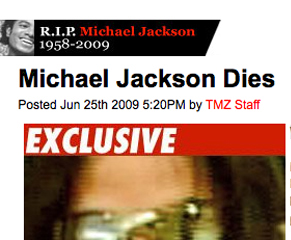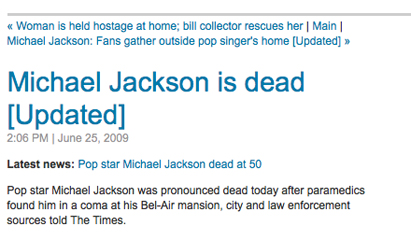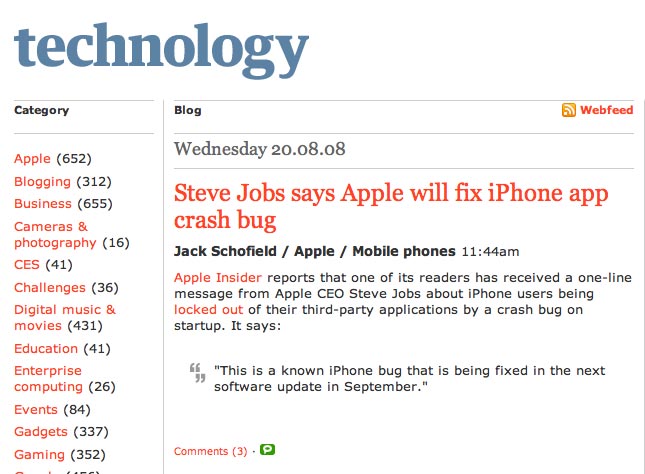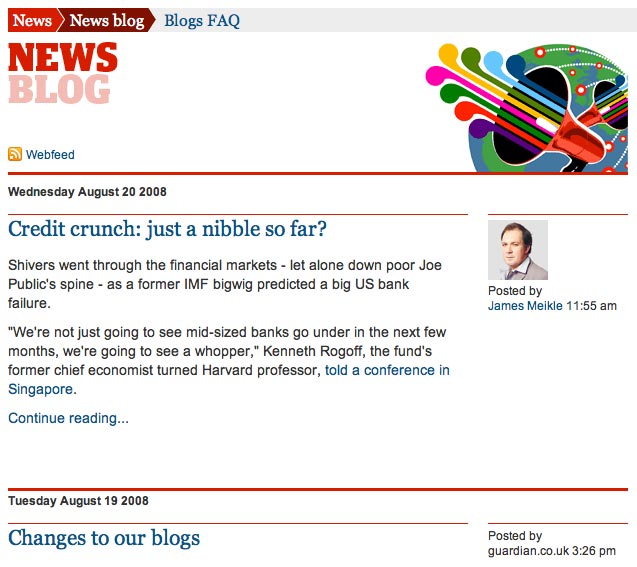The Guardian and Independent are two of the first news sites to build a new breed of Facebook apps, which were unveiled at the f8 conference yesterday (Thursday, 22 September).
Here is director of Facebook’s platform partnerships Christian Hernandez explaining how the apps and the new ‘recommend bar’ work.
Facebook’s Christian Hernandez on the launch of the Guardian and Independent Facebook apps by journalismnews
News sites will be watching to see whether the new apps result in a jump in Facebook referrals to the Guardian and the Independent.
Outlets will also be keen to discover whether Facebook users prefer the Independent and Yahoo News approach of the social engagement happening on the news sites, or whether the Guardian, the Washington Post and the Daily have the winning formula, with the experience happening within Facebook.
The Guardian’s theory is that Facebook users like the experience of being on Facebook so rather than direct readers away, they want them to explore the Guardian within the platform.
Head of digital engagement at the Guardian Meg Pickard told Journalism.co.uk:
We wanted to make ourselves more Facebookey. We also know that if people come to the Guardian via Facebook they often bounce back to Facebook see what else a friends are recommending.
She said despite the Guardian’s being an app within Facebook it is incorrect to think most users will access it as they would a smartphone app.
The starting point is your friend’s timeline, not the app.
The single opt-in to the app – where users agree to share everything they are reading – is an interesting development and both the Independent and Guardian have been quick to assure users they have full control.
Pickard said:
You might be happy for friends to see that you’ve read an article on tarte citron but less comfortable with a public note to say you have read an article called “my husband is a cross-dresser”, so you can quickly click the cross to hide that from your friends.
She explained conversations between the Guardian and Facebook took place throughout the summer with the news organisation’s in-house developers building the app, making the most of the open technologies.
We’ve got our open API, Facebook has this open graph.
The Independent has taken a different approach – its app encourages Facebook user engagement on its site rather than within a user’s personal profile on the social network.
Here’s head of audience and content development at the Independent Jack Riley explaining more on the soon-to-be-released app:
Jack Riley from the Independent discusses the newspaper’s new Facebook app by journalismnews



